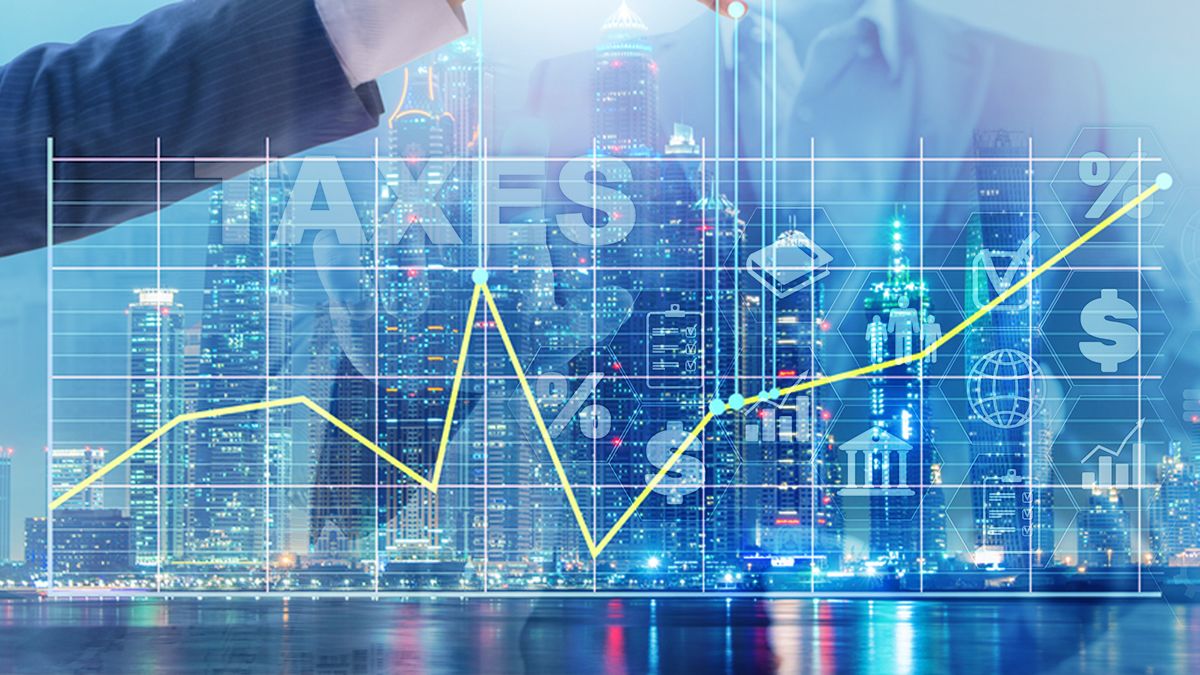
The lockdowns are over, and they’re not coming back. Even if there ends up being a second wave of coronavirus, I believe it would be practically impossible for any authority to enforce a second lockdown. People just won’t go for it again. Fear has subsided as even the most official of official government health agencies, the Centers for Disease Control, now admits that the fatality rate for COVID-19 is 0.4% for symptomatic carriers. That doesn’t include the asymptomatic, which if incorporated brings it down to 0.26%, well within seasonal flu rates. See Table 1. For people below the age of 50, the best estimate of fatality rates is 0.05%.
That’s not the only reason that the lockdowns aren’t coming back. The other is that the media has a new, shinier distraction now it can focus on that should relieve us of the burden of the fear of contagious disease, and replace it with a more exciting fear of riots and looting. As coincidence would have it, this also happens to involve a bunch of people wearing masks, except this time instead of keeping their distance from one another, they’re concentrating more on destroying property. In other words, COVID-19 is finally out of the news cycle, and we’re back to the old familiar territory of racial tensions. At least those of us who aren’t all that excited about participating in riots now have a greater say in the matter compared to whether or not we want to get infected by a virus.
The most extreme about-face is arguably Australia, which back in March ordered the closure of all casinos and other entertainment venues for “at least 6 months”. Well, scratch that one. It’s quite hard to justify such a move when there have only been 7,260 cases of coronavirus in the whole country. Some Aussie companies took advantage of the situation rather well, particularly The Star Entertainment Group, which capitalized by securing an enormous 20 year deal on tax rates with the Australian government. VIP revenue will be taxed at 10%, and mass market up to AU$780 at 29% until 2041. And whoever said that the rich get preferential tax treatment? VIPs at 10%, middle class at 29%, they’re both in the double digits, so it’s practically the same thing, right?
But The Star got something else, too. New South Wales has granted The Star a monopoly on electronic gaming machines, in exchange for kickbacks to the state of 32-34%. There is a chance that the monopoly may be rescinded with Crown getting in on the action eventually, but if that happens, New South Wales has promised The Star “unspecified financial compensation” straight from taxpayers together with its Dear John letter for breaking its monogamous commitment. Call it alimony, or maybe a prenup.
In the short term this all sounds nice, and the stock should gain for a while. Tax rates locked in all the way into the 2040s, a monopoly on EGMs, what could be better? Well, competition could be better, for one. All government-granted monopolies have a tendency to fail in the long run as business gets lazy from too much privilege over time. Plus I doubt that any of these agreements are going to hold water until their expiration in the 2040s. While I am positive on Australia long term, there will definitely be crises to navigate long before these agreements expire.
Australia’s housing market, for instance, is one of crises, and it may already be starting to unfold. Only 2 weeks ago estimates of a 50% drop in property values in major Australian cities were being thrown around. We have seen falls like this before, and Australia is long overdue for one. Australian real estate was barely affected during the popping of the housing bubble 14 years ago, prices falling less than 10% from 2008 to 2009.
Stronger casinos should be able to withstand the pressure, but The Star could get hurt more than its peers, particularly because it is aggressively expanding and taking on more debt now. $1.6 billion in new debt was just confirmed last month to continue its Queen’s Wharf Brisbane project. This puts its net indebtedness at $2.6 billion, about 81% leverage. It will need to be refinanced at higher rates by the time it expires in 2024.
For the next few months though The Star should be a nice trade. I expect the Australian stock market to recover its old highs as investors breathe a sigh of relief that the country won’t be shut down for half a year, and The Star should go along with the ride. That means gains of 30-40% from here. With all the new money in the system now though, the problem is going to be overheating, inflation, and rising interest rates. It’s not widely reported, but interest rates on the 10-year Australian bond nearly tripled in only 10 days from March 9-19, from all time lows of 0.6% all the way to 1.61%. What that means is that the debt market in Australia is quite unstable, and could go haywire at any time.
A company like Crown can withstand something like this because its debt is relatively low. The Star is a different animal. It is a much more aggressive company with a grandiose vision and appears uncomfortably close to power in my opinion. Management that can pull off a sweetheart tax deal and a monopoly on gaming machines as it has over the course of the pandemic, also means that management could suffer from overconfidence. If you won this stock, once it reaches old highs I’d sell it. Crown appears to be the better long term pick here.
